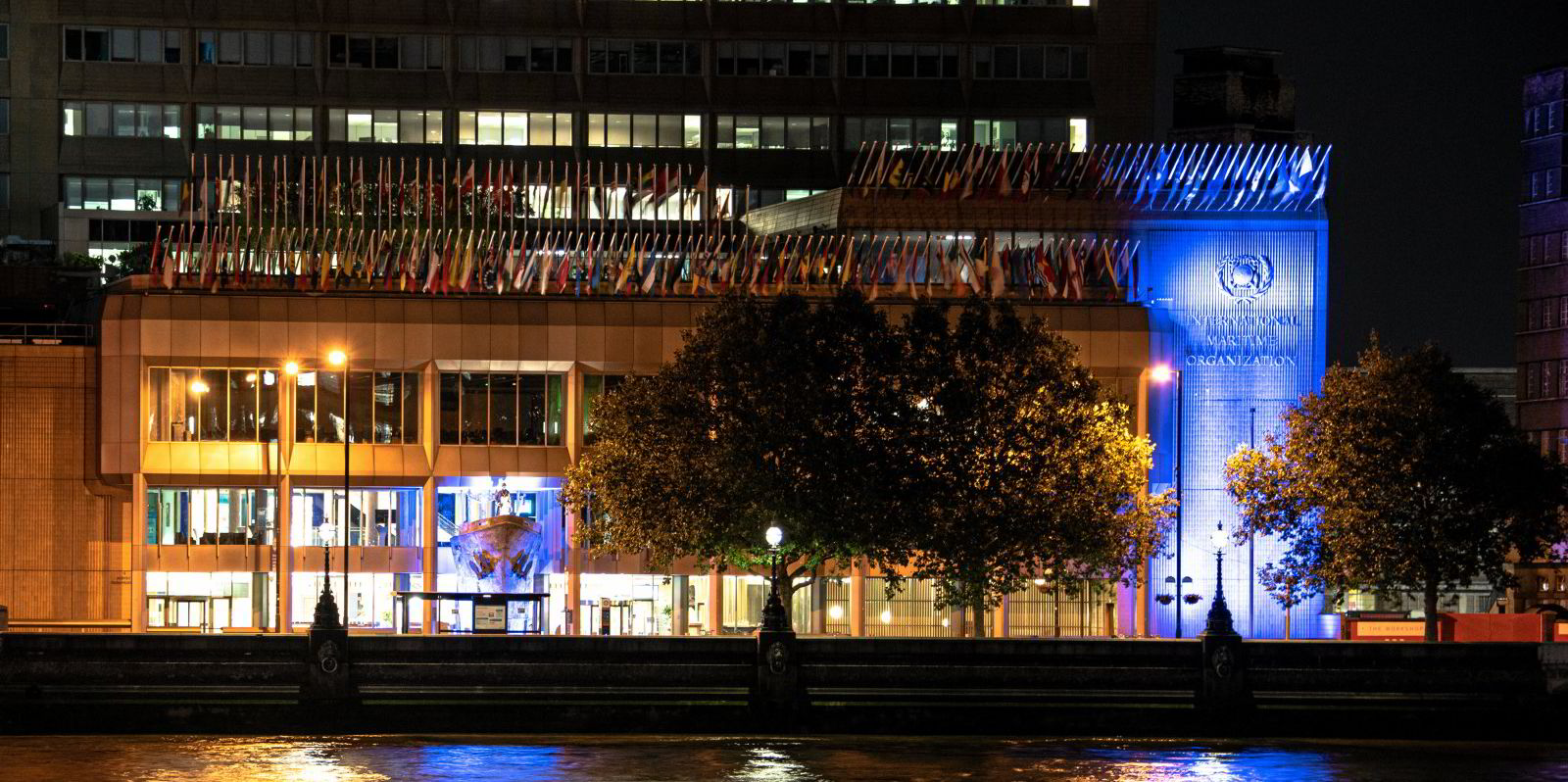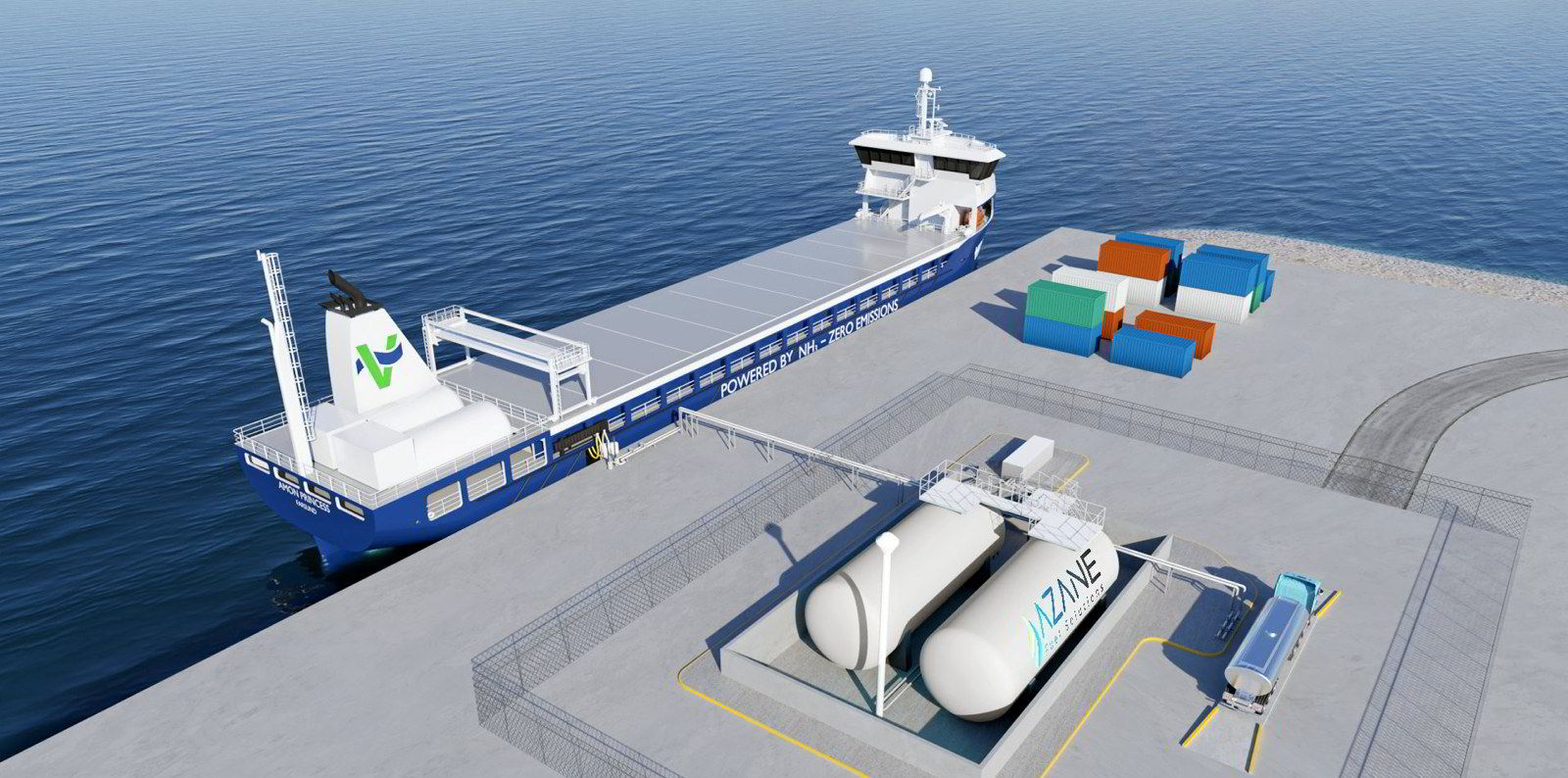Accepting a growing push to eliminate greenhouse gas emissions, the International Chamber of Shipping has committed the industry to deliver net-zero carbon emissions by 2050.
But the global shipowner organisation's support comes with a big if. If shipping is to achieve net-zero CO2 emissions in less than 30 years, there is a series of measures that need to happen quickly for that to realistically occur.
COP26 looms
The industry group's support for a more ambitious decarbonisation target comes amid rising calls for urgent action to combat GHG emissions ahead of the COP26 climate conference, which is scheduled to bring world leaders together at the end of this month in Glasgow.
"Going for a net-zero target — that is incredibly ambitious, but that's really a reflection of the recognition in the industry of the political direction of travel," ICS deputy secretary general Simon Bennett told TradeWinds.
"By saying to governments that we're willing to support a net-zero target, that's also connected to the need to have a plausible strategy for actually delivering that."
On Tuesday, the ICS urged governments to "double the ambition" of the International Maritime Organization, whose current target is to reduce emissions from shipping by 50% by 2050, relative to 2008 levels.
The ICS said that shipping accepts the "vital need to accelerate decarbonisation timelines" but said a net-zero target by 2050 will only be plausible if governments take the necessary action to achieve this.
"The industry has, therefore, taken the unique step of proactively setting out the measures that must be taken by governments to make decarbonisation by 2050 a reality rather than a soundbite," the ICS said.
R&D fund
The ICS, which represents 80% of the global shipping industry, said its plans include a compulsory research and development fund to develop zero-carbon technologies and the development of a carbon levy for shipping to expedite the transition to more expensive zero-carbon fuels.
"Given the typical 25-year life of new oceangoing ships, if the industry is to meet an ambitious net-zero target, thousands of zero-emission ships will need to be in the water by 2030," the ICS said.
"It will, therefore, be critical for the IMO to adopt those urgent measures required to accelerate an increase in technology readiness levels."
The ICS said a key step is for governments to approve the establishment of the $5bn maritime research fund at an IMO meeting in November.

The ICS said the IMO’s adoption of a net-zero target will send “the very strong signal” sought by the industry, as well as energy providers, shipbuilders and engine manufacturers, so that investments in green fuels and technology can be accelerated and scaled.
"The shipping industry must urgently decarbonise and this proposal sets out the tangible actions needed to get there. We are all tired of empty talk. Making commitments is easy but rolling your sleeves up and doing the hard work is far more difficult," ICS chairman Esben Poulsson told TradeWinds.
"Shipping is prepared to do that hard work and we are confident a net-zero carbon ambition is achievable by 2050. However, this hinges on governments providing much needed leadership by backing the R&D fund and a global carbon levy.”
The ICS' support comes after members of the Getting to Zero coalition, a group of shipping stakeholders, issued a call for the IMO to set its goal to zero carbon by 2050.
That followed increasing calls from world leaders, including US President Joe Biden and UK Prime Minister Boris Johnson, seeking the most ambitious target.
In its submission to the IMO, the ICS said there needs to be recognition of the limited decarbonisation options available to the "hard to abate" shipping sector, in addition to shipping's pivotal role in global transportation.
Still, the group told the United Nations body that net zero could be achievable, but only if the IMO makes steps to take urgent measures to create a global framework.
Those steps include measures to expedite the industry's technical readiness to adopt zero-carbon fuels before 2030.
"If a net-zero target is to be more than a political gesture, governments need to recognise the magnitude of the challenge of phasing out CO2 emissions from large oceangoing ships," ICS secretary general Guy Platten said.
The headline of this story has been amended to reflect that ICS has joined the call for zero emissions by 2050.





